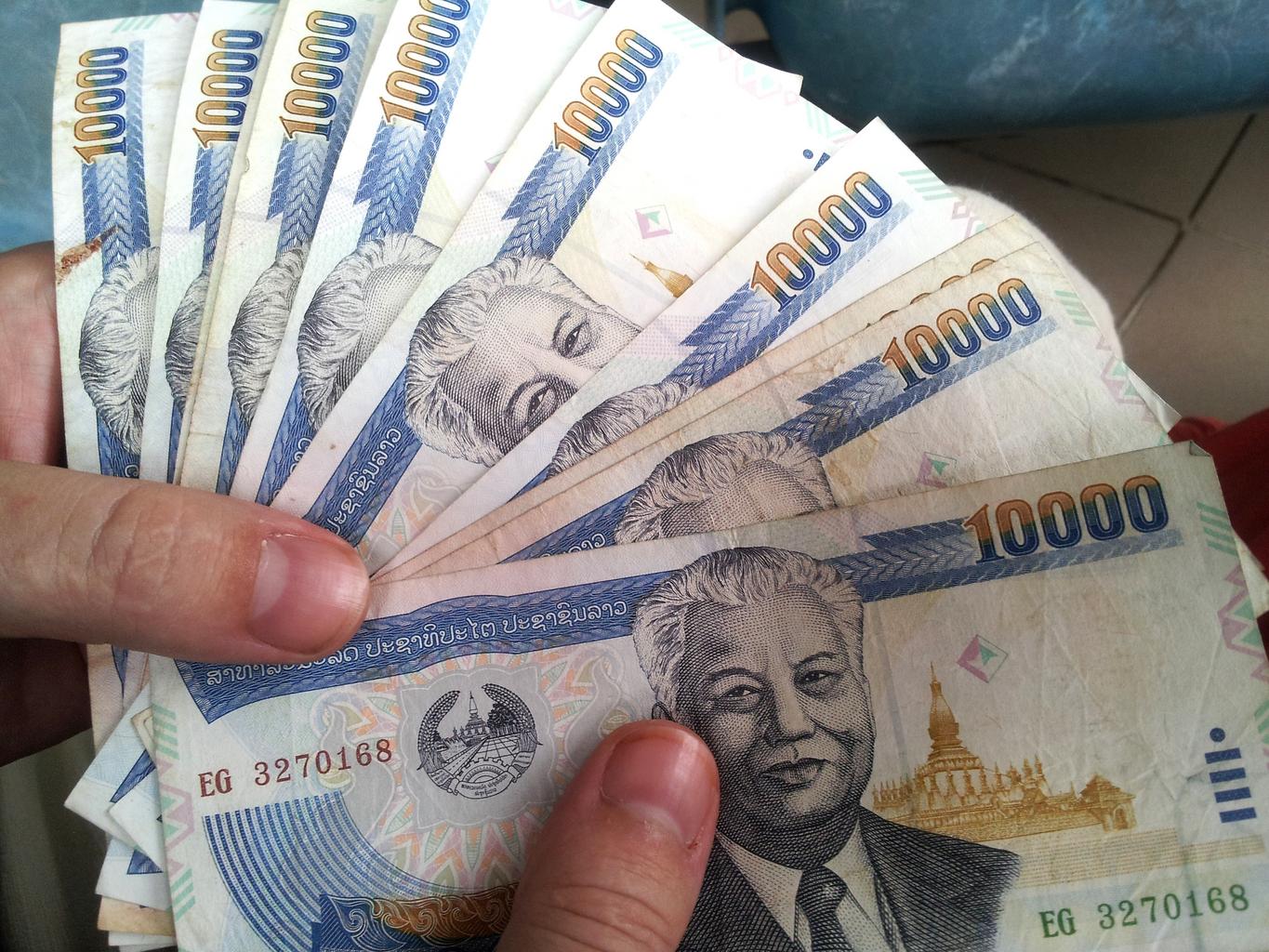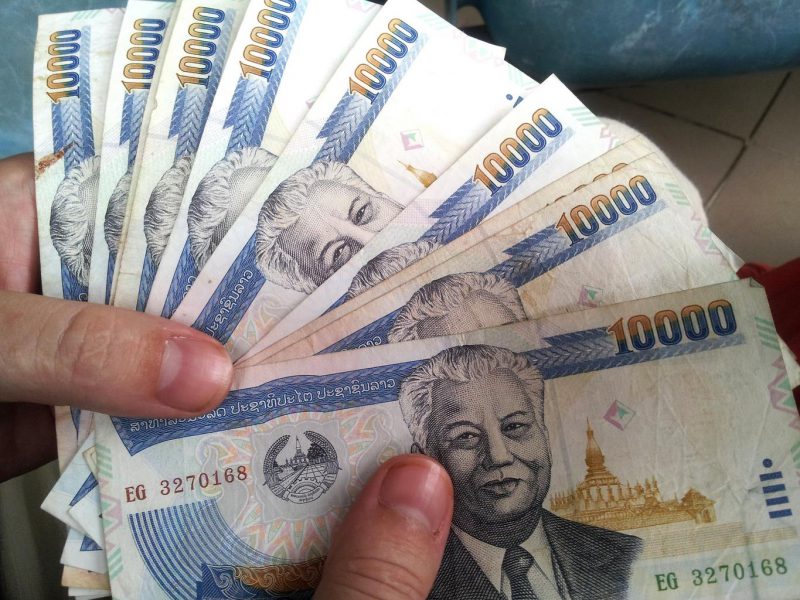Being the official currency of Thailand, the Thai Baht exists in a well developed economy that depends mostly on exports.

The currency
The Bank of Thailand is in charge of issuing the currency and back in 2006, the country brought in exchange controls that created a large difference in onshore and offshore exchange rates. If you were to travel to the major cities in any part of Thailand then, a typical apartment hotel in Bangkok would have cost way more than it was supposed to because of the strict exchange rates.
Current situation
In 2008, there were restrictions enforced on these controls and is now, therefore, easier for travellers who want to stay at a place like Anantara Baan Rajprasong Bangkok Serviced Suites, as the onshore and offshore rates are mostly similar.
History
The exchange medium was invented in Thailand even before the first century and historians say it is one of the oldest currency denominations in the world. Thai currency wasn’t always known as Baht, there was a time when it was referred to as Tical.
Baht came into use only after the 19th century and was originally a unit of weight, with coins in gold and silver. Since 1897, Baht has been the official national currency, but history says it was in use way before it was officially brought to the limelight.
Fritzjames Stephen is a travel writer, who writes content based on the myriad of experiences and indulgences that the world has to offer travellers across all walks of life.










